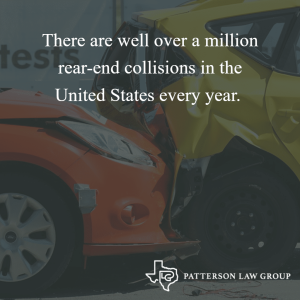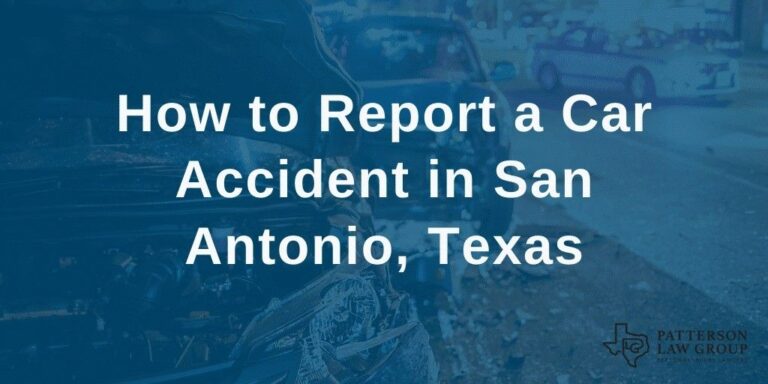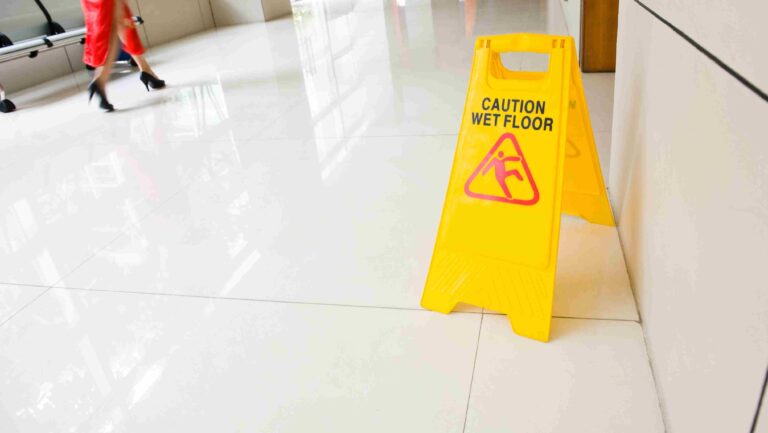 Rear-end collisions are one of the most common types of motor vehicle accidents. There are well over a million rear-end collisions in the United States every year. It’s an unfortunate fact that thousands of people are injured in these accidents annually and hundreds die. What is the cause of so many rear-end collisions and how can they be stopped or reduced?
Rear-end collisions are one of the most common types of motor vehicle accidents. There are well over a million rear-end collisions in the United States every year. It’s an unfortunate fact that thousands of people are injured in these accidents annually and hundreds die. What is the cause of so many rear-end collisions and how can they be stopped or reduced?
Causes of Rear-End Collisions
A rear-end collision happens when a moving vehicle strikes the back of another vehicle. There are many causes of this type of accident. One of the most common causes is a driver who is driving too closely to the car in front of them. Drivers should allow plenty of room to stop if something unexpected occurs.
External factors can also contribute to rear-end collisions, such as heavy rain, hail, ice or poor visibility. Another big reason for rear-end collisions is that from time to time drivers are simply not paying attention.
Here are some other common causes for rear-end collisions:
- Driving under the influence of alcohol or drugs
- Driving while fatigued
- Distractions such as phone calls, texting, GPS, talking to passengers
- Heavy traffic
- Speeding
- Driving aggressively
- Mechanical failure such as brake failure
Injuries Caused by Rear-End Collisions
Although some rear-end collisions happen at very low speed and don’t result in injury, there are a lot of possible injuries that can occur when a car is hit from behind. The most common injuries include whiplash and other neck-related injuries.
Still, there are many other injuries that can occur as the result of a rear-end collision. These injuries include:
- Broken bones
- Internal bleeding or damage to internal organs
- Head injuries
- Back or spinal cord injuries
- Shoulder or knee injuries
If you have been hit from behind, be sure to be thoroughly examined by a doctor after the accident. Even if you don’t think you were hurt, it’s important to receive a medical opinion. Sometimes symptoms show for a few days or even longer after an accident. A doctor has the expertise to evaluate whether you have sustained injuries, even if you don’t realize it at first.
Vehicle Technology to Prevent Rear-End Collisions
Modern technology makes it possible for a vehicle to stop even when human error causes a driver not to notice an impending accident. Collision avoidance systems can make a huge difference in preventing rear-end collisions. Front crash prevention systems that can brake automatically when an obstruction is near can be instrumental in preventing wrecks.
The National Transportation Safety Board recommends that automobile manufacturers begin making collision avoidance systems part of the standard equipment for a vehicle in much the same way that seatbelts are considered standard equipment. If more vehicles were equipped with this technology, deaths and injuries could be drastically reduced.
After a Rear-End Collision
It can be very difficult if not impossible to prevent being hit by a vehicle that is coming up behind you. In most cases, a driver that hits another vehicle is responsible and will need to be held accountable for the accident.
If you have been injured in a rear-end collision, whether it was caused by a driver who was drunk, aggressive or simply not paying attention, it’s important to speak to an expert in the field of personal injury law so that you can get the compensation you deserve. Don’t accept a quick settlement from the insurance company without legal advice. Patterson Law Group wants to help. Contact us using the form on this page and one of our lawyers will get back to you very soon.





